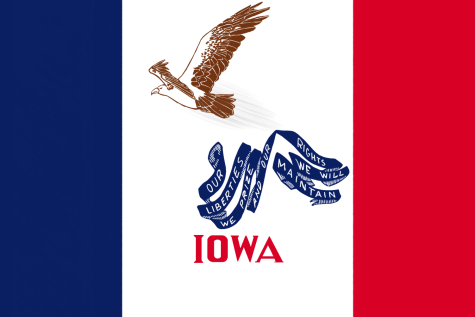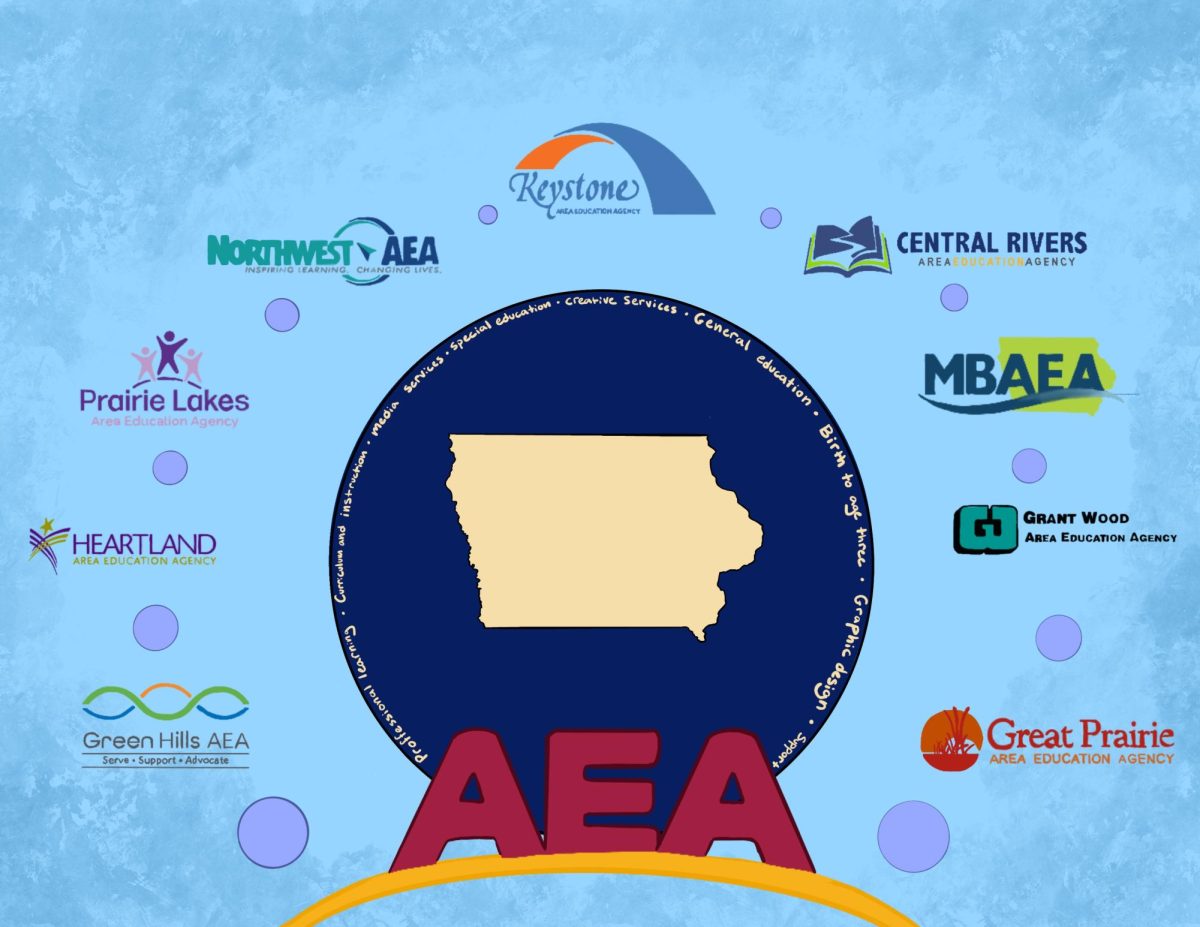Gov. Kim Reynolds passed Senate File 496 on May 26, a bill consisting of many new laws regarding education. This includes removing books with any depictions of sex acts in school libraries, which has led to an uprise in book bans and prohibits teachers from discussing gender identity and sexual orientation in grades K-6. Under the section “parental rights in education” lies a law requiring a student’s parent or guardian to be notified if their child requests to be addressed by a different name or pronouns than what is on their records.
How does this work? If a student requests a name or pronoun accommodation different from what is listed in Infinite Campus, that staff member is required to report the request to an administrator, who then notifies the student’s parent or guardian of the request.
Since 2022, Reynolds has signed multiple bills targeting transgender minors.
Over a year and a half ago, House File 2416 was signed into law that prevented transgender girls from competing in women’s sports at school. In March, a bill banned gender-affirming care for minors, causing some trans minors to seek treatment in neighboring states. That same day, another made restrooms in schools to only be used by people of the same biological sex.
The most recent law gives parents more power over the education system, and now students can no longer go by different names or pronouns at school without their parent’s knowledge.
In a statement, Rep. Skyler Wheeler, one of the sponsors of the bill, said that “schools should never be keeping secrets from parents about their children” and that some schools were intentionally keeping “parents in the dark about their own child’s life.”
Organizations such as the Iowa State Education Association and Iowa Safe Schools have spoken out against the bill, expressing their disappointment in Reynolds for passing this bill. Becky Tayler, the executive director of Iowa Safe Schools, said the bill was “anti-child, anti-parent, and anti-educator” and compared Reynolds’ actions to notorious anti-gay activists Anita Bryant and Fred Phelps.
Another issue with the bill is how it affects students who go by nicknames. Lawmakers have said the bill is not about nicknames and was only meant to affect students who were using different names and pronouns intended to “affirm their gender identity,” as was stated in the bill. However many schools across the state, such as the Cedar Rapids Community School District, are notifying parents about nicknames as well since the phrase “affirming their gender identity” is vague.
West High School’s counselors and SFAs are here for students; however, as school employees they are still required to report on name or pronoun changes. If students feel they can’t talk to an adult and would prefer to talk with another student, West’s Colors Club is a place to talk with other LGBTQ+ students and allies. They meet every Wednesday after school in room 104. Another resource is The Trevor Project, which provides information and support to LGBTQ+ youth.




























